Keeping the Promise: From Commitments to Change on the Ground
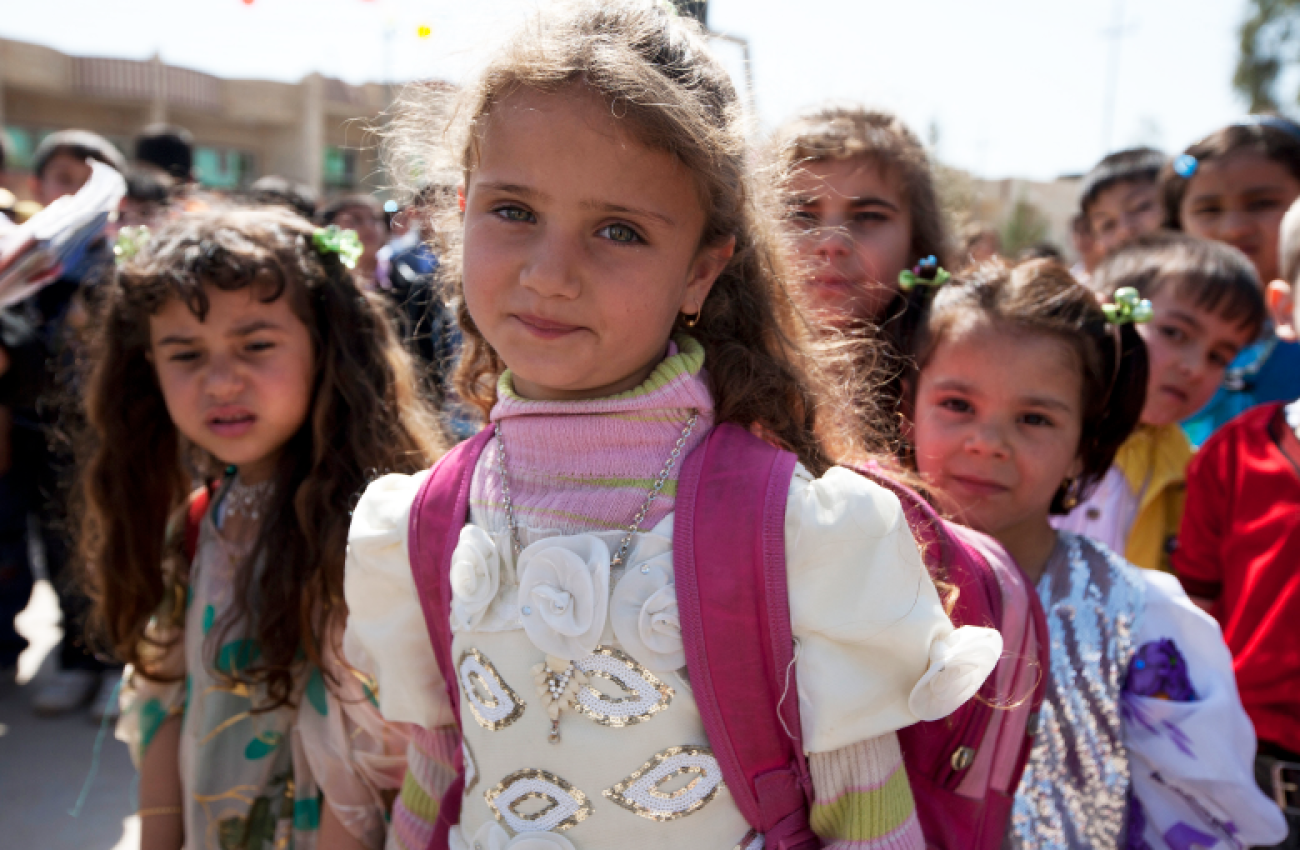
The SDG Moment 2025, marked today during United Nations week, underscores the urgency of delivering the 2030 Agenda for Sustainable Development at a time when global milestones converge: three decades since the Beijing Declaration, the midpoint of the Decade of Action and the UN’s 80th anniversary. It is a critical moment to reflect on the importance of translating the Sustainable Development Goals (SDGs) into tangible results. This is where the Resident Coordinator (RC) system plays its vital role, including mobilising partnerships, aligning policies and ensuring that commitments to accelerate the achievement of the SDGs lead to real change for people.
Resident Coordinators take the promise of the 2030 Agenda out of the halls of the General Assembly and into the homes of people. Their work connects global commitments with national priorities and local realities. By convening governments, civil society, businesses, and communities, they turn negotiated outcomes into better schools, cleaner energy, safer workplaces, and stronger social protection systems. This bridge between diplomacy and delivery is what turbocharges the realisation of the SDGs, making them a lived reality for people and the planet.
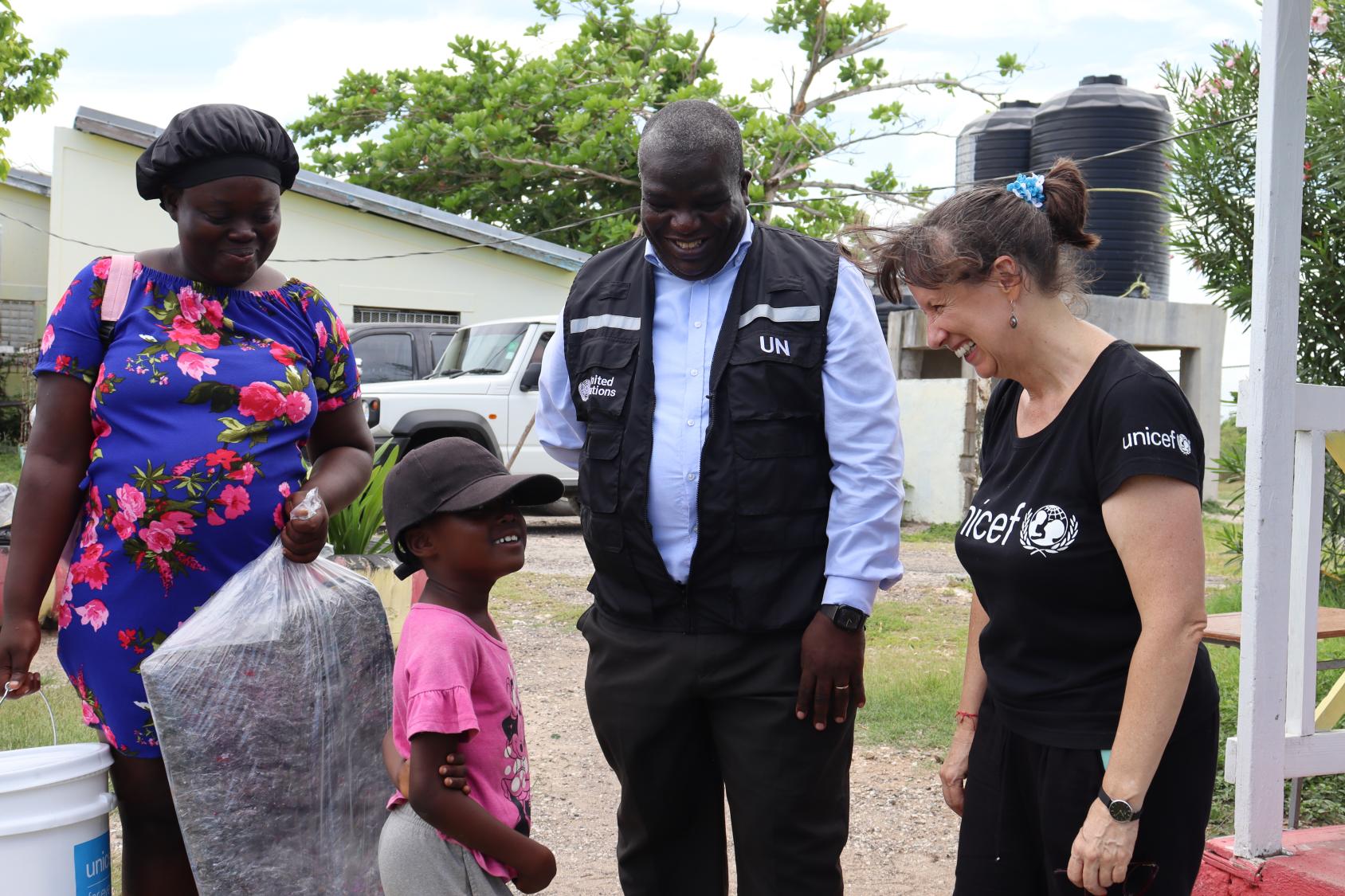
Financing development on the ground
The Fourth International Conference on Financing for Development (FFD4) reinforced that unlocking sustainable financing is central to the 2030 Agenda. RCs are showing how these global commitments play out in practice. In Jamaica, coordination across ministries, development banks, and private investors has turned the country’s vulnerability into leverage for innovative financing, channelling resources into resilience and social protection. With support from the UN Country Team, under the leadership of the RC, Jamaica is forging bold, multi-sector partnerships to unlock new capital and drive inclusive growth.
FFD4 also reaffirmed that private capital must be mobilised alongside public and philanthropic resources to meet the large financing gaps for the SDGs. At the local level, RCs are bringing convening partners to make this happen. In Kenya, the UN helped design a results-based financing model for adolescent reproductive health. Private investors fronted the money, and if social outcomes are achieved, they’re repaid with interest by philanthropic donors. This raised $12.1 million and reached over 420,000 adolescent girls with family planning and HIV services, proving that finance can drive outcomes, not just activities.
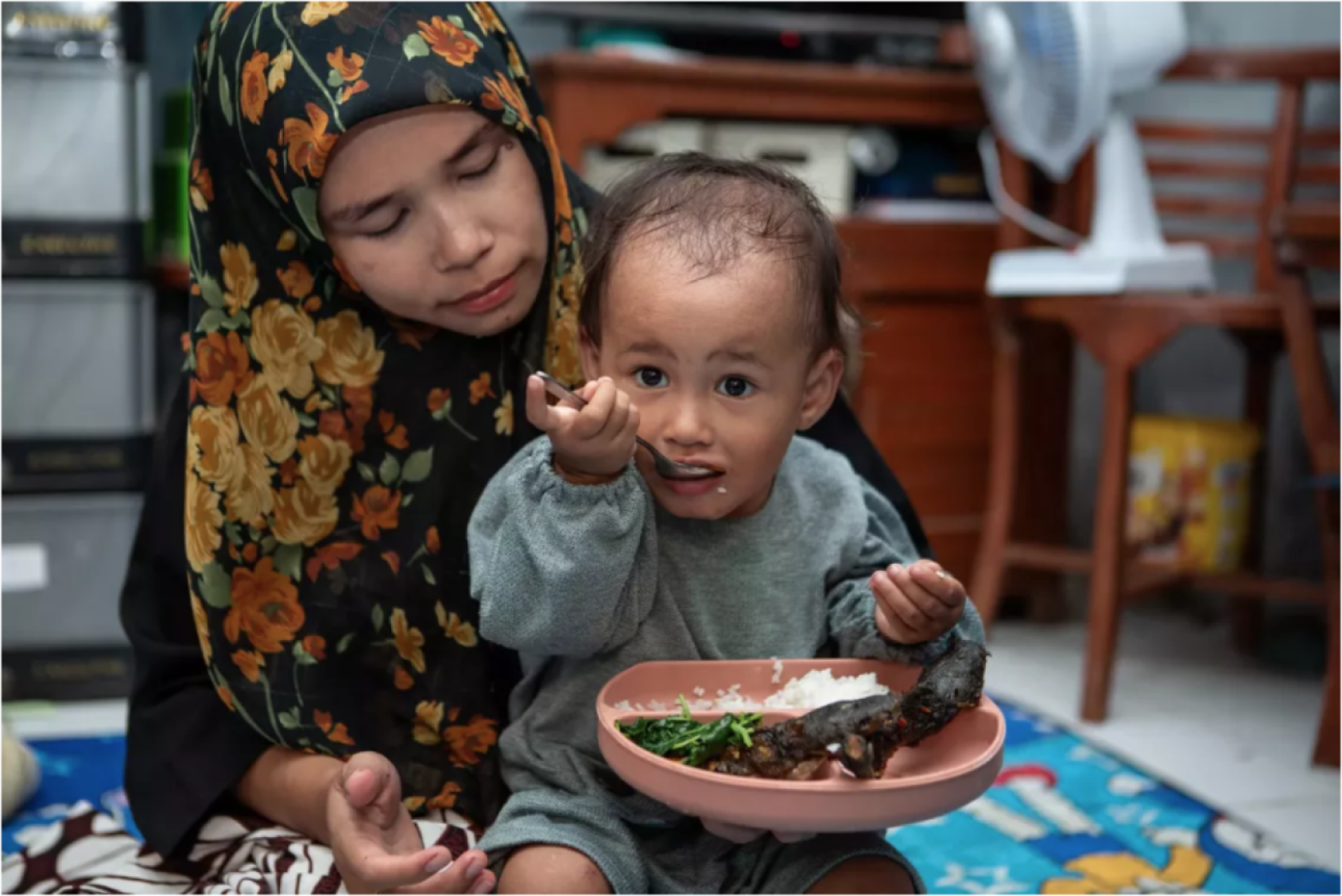
Food systems at the heart of sustainable futures
The UN Food Systems Summit Stocktake underscored that transforming food systems is essential to ending hunger, advancing health, and protecting the planet. RCs are ensuring that this global commitment is translated into action in very different country contexts.
In Cameroon, the RC supported the government in presenting bankable agricultural projects to over 20 partners. The proposals focused on creating value, generating jobs, and driving climate-smart solutions, while emphasizing the importance of bringing private sector actors into the fold to expand these efforts to the next level. The proposal sparked immediate interest, the Global Flagship Initiative for Food Security (GFIFS) announced plans to partner with the Joint SDG Fund to scale up Cameroon’s food value chains and create more predictable markets.
With coordinated support from the UN, the Government of Kyrgyzstan has advanced a series of foundational policies, including a Food Security and Nutrition Programme (2025-2030), new draft Food Safety Law, a Strategic Plan for Veterinary Services (2024–2028) and other sector specific programmes.
The “Free Nutritious Meals” programme in West Java, Indonesia is reshaping school feeding systems. By bringing together national agencies, local governments, and school administrators, the initiative has already reached more than two million people and is set to expand to 30,000 kitchens serving over 80 million people.
In Jordan, with UN support under the leadership of the Resident Coordinator, the government launched its first National Food Security Management Information System, a digital backbone that tracks everything from food stocks to supply risks. A new dashboard within the National Center for Security and Crisis Management now gives decision-makers real-time data to guide action and investments. Jordan further advanced its leadership in the region with the launch of a Mashreq-wide Food Security and Nutrition Observatory, also supported by the UN.
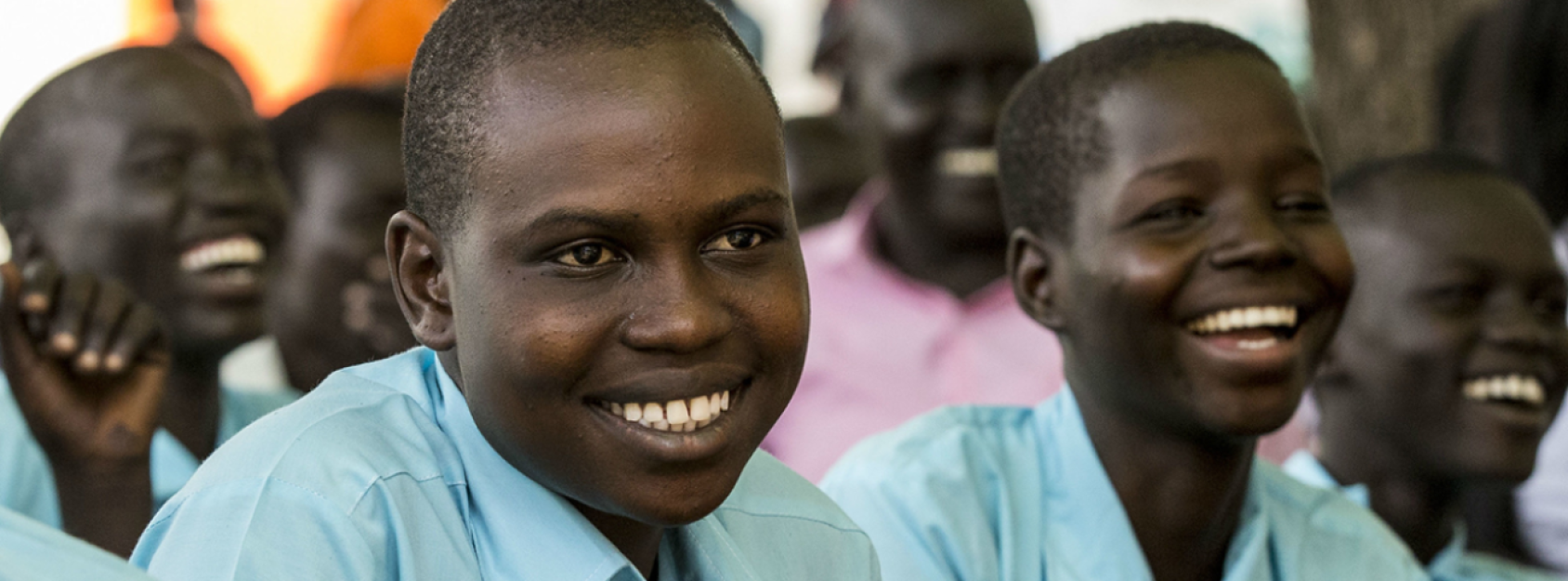
Landlocked but not left behind
The Third UN Conference on Landlocked Developing Countries (LLDC3) highlighted that geography need not be destiny. Through the Awaza Programme of Action, governments committed to new ways of overcoming barriers to trade, connectivity, and resilience.
In Afghanistan, the UNCT has linked renewable energy to women’s livelihoods. With the installation of an off-grid solar power system entrepreneurs in the market and the region are now able to modernise and expand their businesses. Demonstrating how even in complex contexts, RC leadership can turn access to energy into a driver of empowerment.
A significant priority for LLDCs is digital connectivity, from better internet access to online business hubs. In Zambia, the RC is leading a UN-wide push to help the country harness technology for education, services, and jobs. The UNCT is rolling out rural Information Communication and Technology hubs, where women and girls can gain digital literacy skills and safely navigate online spaces. UN agencies are also training small businesses to use ecommerce platforms and mobile payments, helping more than 200 entrepreneurs expand their reach. The Digital Learning Passport, supported by the UN Children’s Fund (UNICEF) and UN Educational, Scientific and Cultural Organization (UNESCO), and Microsoft, is now bringing online lessons to over 300,000 students, many in remote communities.
Similarly, in Paraguay, the UNCT is supporting digital inclusion by building national capacity for digital governance and innovation. This has led to modernising border management systems, with biometric registration systems like Mandated Identity Authentication Systems (MIDAS) enhancing security and efficiency. With UN support, Guaraní-language heritage texts are being digitally preserved to safeguard indigenous knowledge.
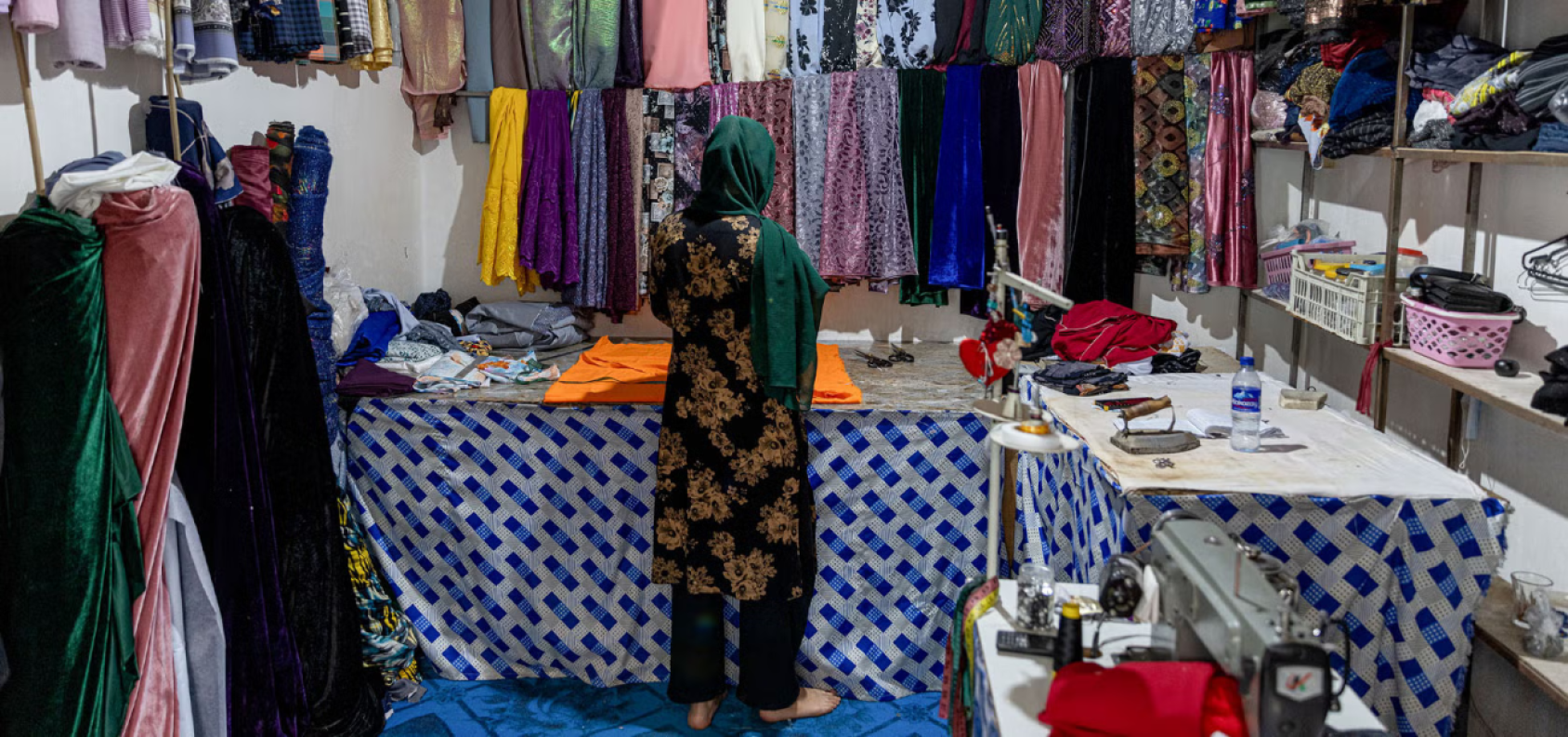
The SDG Moment reminds us of the global commitment made in 2015 to build a more just, inclusive, and sustainable world. Resident Coordinators and the UN Country Teams they lead keep that commitment alive by bringing together governments, the private sector, civil society and communities to act in partnership. The 2030 Agenda is not realised in conference halls but in the daily changes that improve people’s lives.













